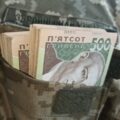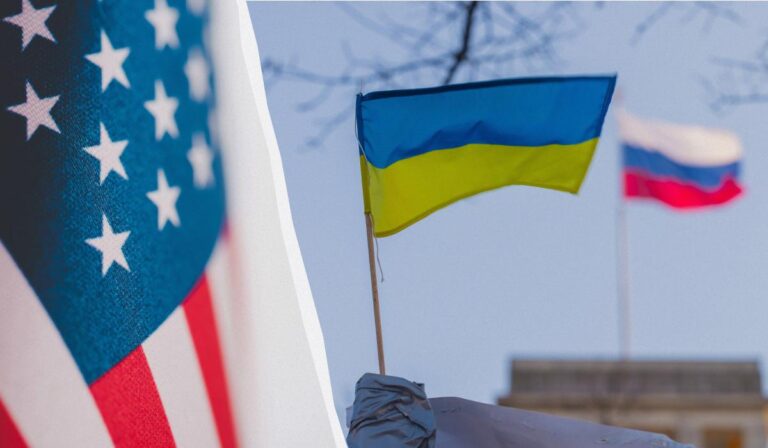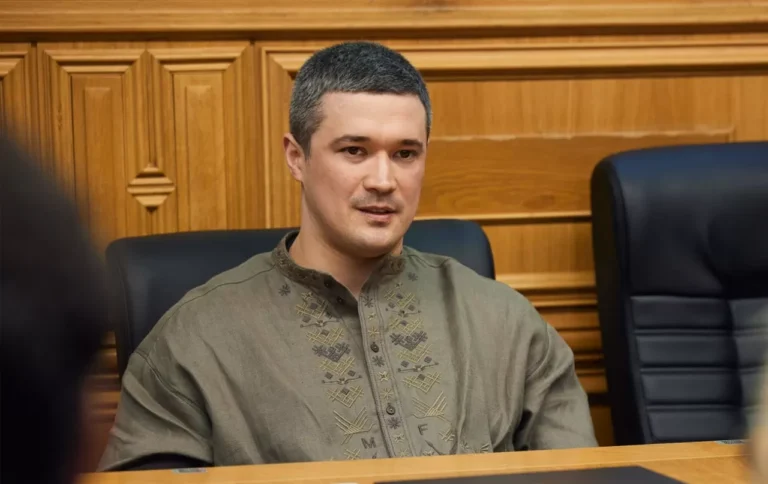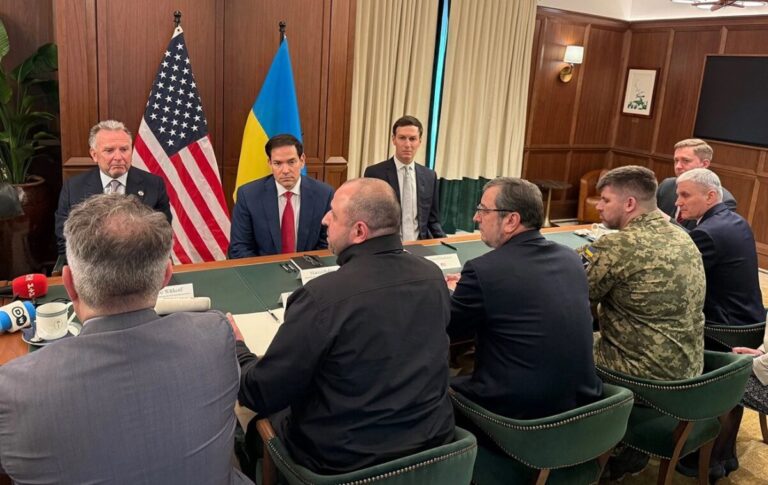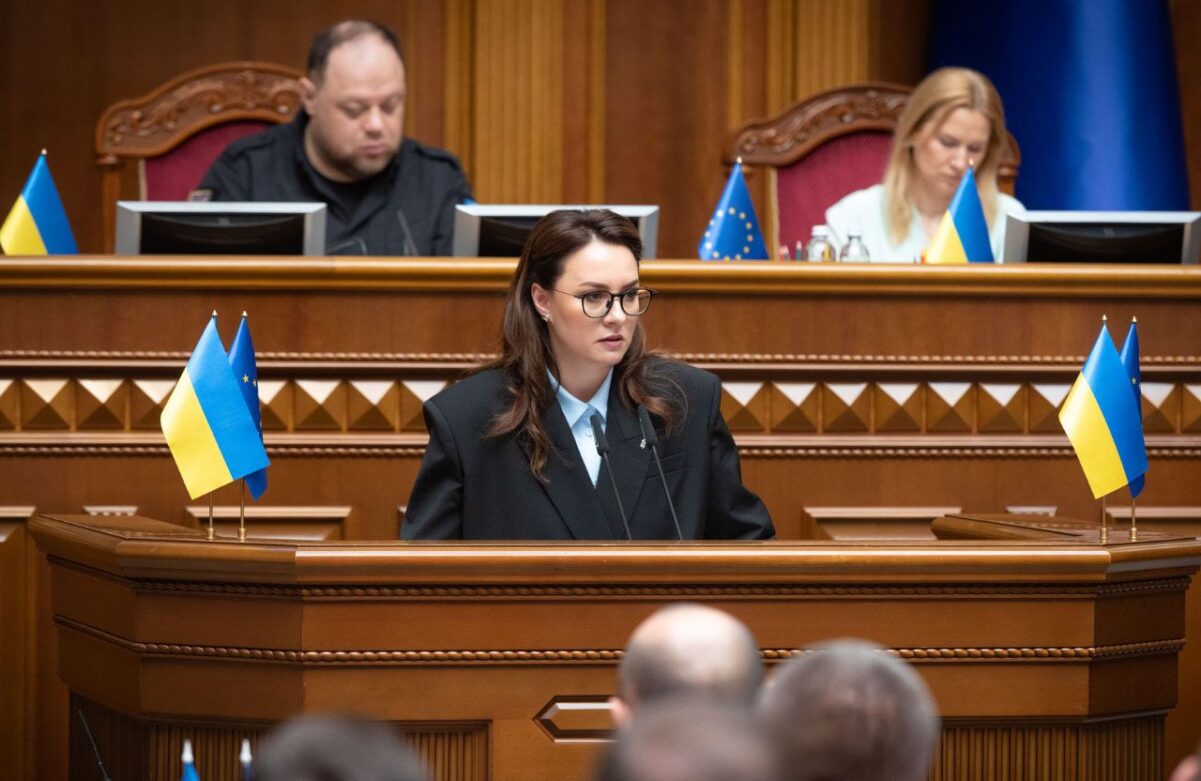
One Hundred Days of the New Government Led by Yulia Svyrydenko: How the Country Is Changing Amid War, Reforms, and New Decisions
On October 24, 2025, it marked 100 days since the formation of the new government under the leadership of Yulia Svyrydenko. During this period, the Cabinet of Ministers publicly reported on its first results, highlighting priorities: security and defense, economic and social stability, energy, and support for frontline communities. Each of these areas today is not just a political declaration, but a matter of survival and public trust in the state under conditions of full-scale war.
One of the government’s most visible focuses is the scaling up of Ukrainian weapons production and coordination with international partners. “We are focused on the main thing: security and defense, economic and social stability, energy, and support for frontline regions,” the Prime Minister outlined the main guidelines.
The government introduced the military personnel accounting system “Impulse” and electronic TCCs. According to Svyrydenko, this decision will make the mobilization accounting processes more transparent and efficient. The state also concentrates efforts on continuously providing the Armed Forces with everything necessary: this concerns production, logistics, quality control, and international cooperation.
Digitalization of the State: E-Services Becoming the New Norm
Over these 100 days, digitalization has become one of the fastest and most visible areas of change. The government reports on the implementation of e-Excise, e-Notary, e-Court, e-Marriage. A unified platform “Veteran.PRO” has been launched, uniting services for veterans. The range of available services in the “Diia” app has been expanded. This means that more and more services that previously required physical presence or complex bureaucracy can now be obtained online. This not only simplifies the interaction of citizens with the state, but also allows for cost savings, minimizes corruption risks, and increases transparency.
Support for Frontline Territories: Focus on the Most Vulnerable
The government pays particular attention to communities living near the combat zone. According to Svyrydenko, the state has raised salaries for doctors and bonuses for teachers, and ensured free meals for students in grades 1–11 this year.
100% reservation of enterprise employees in frontline regions has been implemented, as well as the launch of a compensation mechanism for military risks for business which is to start working in November. This will allow enterprises to receive up to UAH 10 million in compensation for damaged or destroyed property following attacks.
“For example, if an enterprise in Rivne region insures property for UAH 50 million at a rate of 3%, the state will cover two-thirds of the cost of this insurance but not more than UAH 1 million per year,” the Prime Minister explained.
According to Svyrydenko, such a mechanism was critically necessary from the first months of the war: “Without war risk insurance, it is impossible to plan work and recovery”.
In 2025, enterprises in frontline territories already received the opportunity to apply through the website of the Export Credit Agency or the “Diia.Business” platform. Compensation covers losses from missile and drone strikes, air defense debris, fires, explosions, and shock waves. After the compensation payment, the right to claim damages from Russia passes to the state.
Budget, Social Programs, and “Made in Ukraine”
The government has submitted to parliament the draft budget for 2026. The new financial plan provides for preventive medical examinations for people aged 40 and over, salary increases for teachers, expansion of social programs. At the same time, the government maintains and develops the “Made in Ukraine” policy, which stimulates the development of national production and supports the economy during wartime.
Energy Security: How the Country Is Preparing for Winter
Amid regular attacks on energy infrastructure, the state is strengthening the protection of critical facilities, forming reserves, and cooperating with regional administrations, local authorities, and international partners. This is not only a matter of preparing for winter, but also a guarantee of stability for business and citizens.
International Cooperation: Finance, Recovery, EU Integration
A separate section of the report is international cooperation. Over the past 100 days, the government has:
- launched the Ukraine Recovery Fund together with the United States, with the first contributions $150 million
- attracted $12.5 billion from international partners to support the budget ($9.4 billion ERA loan, $3.05 billion Ukraine Facility)
- completed the legislative screening as part of preparations for the start of negotiations on EU accession
- opened a new European-gauge railway direct trains now run from Uzhhorod to Bratislava, Vienna, and Budapest
- at the international URC 2025 conference in Rome, MIGA provided €185 million in guarantees for Ukrainian banks and small businesses
These actions have not only a short-term effect but also lay the foundations for future recovery and development.
Each of the areas the government reports on is backed by real decisions and instruments that are already working or being implemented in stages.
Svyrydenko emphasizes: “All this in accordance with the Action Program, the priorities of which we are turning into concrete decisions. I thank the Government team, the Defense Forces, and everyone who works.”
The first hundred days of the government led by Yulia Svyrydenko are a period of extreme pressure, when “crisis management” is turning into systemic change. Under the pressure of war, the state invests in its own defense capability, supports communities and business, digitalizes services, negotiates with international partners, and seeks to maintain economic stability.
All key areas are confirmed by official releases, government communiqués, and industry media this is not political PR, but a response to the challenges of the time, which cannot be ignored.






